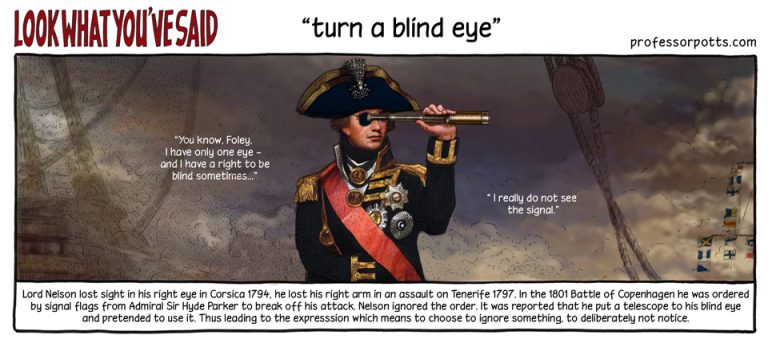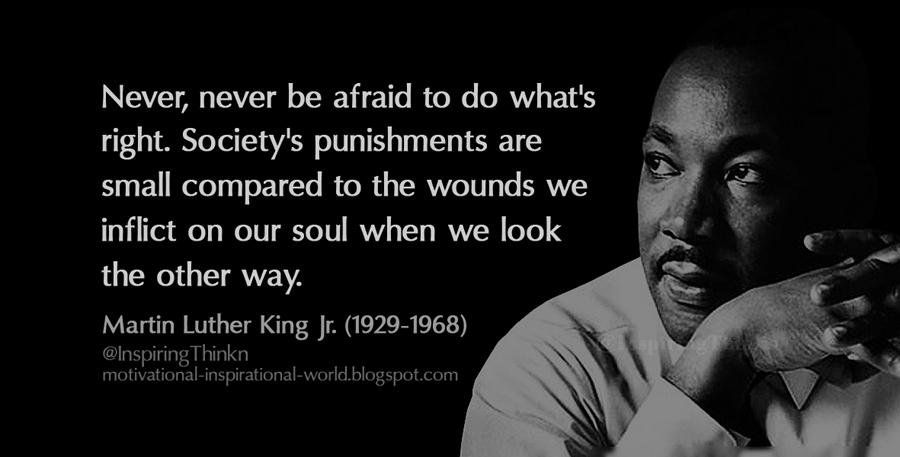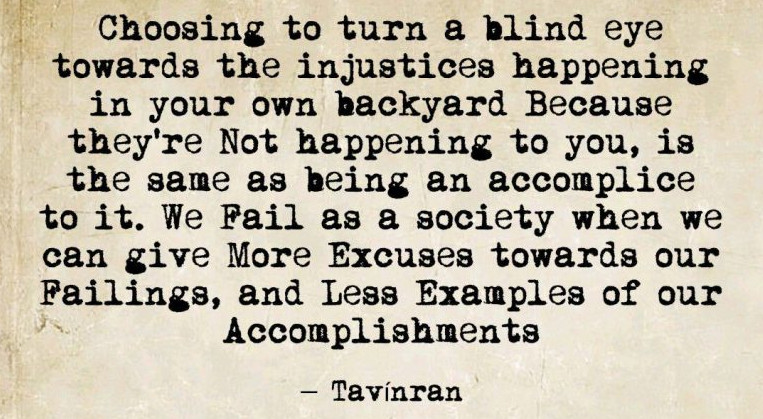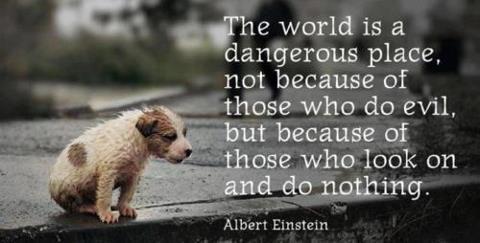
Page Description
Understand “turn a blind eye”:
the idea of intentional ignorance
or overlooking of a situation
without taking appropriate action.
The Price of Looking Away
Injustice often thrives not because it is invisible but because it is ignored. Turning a blind eye allows wrongdoing to persist, enabling systems of power to protect themselves while victims, often children, are left to suffer in silence.
While children in India toil in dangerous coal mines, families in the slums of Kathmandu struggle daily to survive, and Syrian refugees flee one war only to face another, many in wealthier parts of the world enjoy what can be called “the shine of life.” The contrast is stark: the comfort and privilege of some against the harsh reality of others who remain unseen and unheard.
In this section, we explore the consequences of willful ignorance, examining how apathy and indifference sustain the suffering of the most vulnerable. From systemic scandals like the Post Office scandal to the often-overlooked stories of children and families trapped in cycles of hardship, we confront the human cost of turning away from the truth.
De Prijs van Wegkijken – Een Oogje Toeknijpen
Onrecht floreert vaak niet omdat het onzichtbaar is, maar omdat het wordt genegeerd. Een oogje toeknijpen stelt misstanden in staat te blijven bestaan, waardoor machtsstructuren zichzelf kunnen beschermen terwijl slachtoffers, vaak kinderen, in stilte blijven lijden.
Terwijl kinderen in India in levensgevaarlijke mijnen werken, gezinnen in de sloppenwijken van Kathmandu dagelijks worstelen om te overleven, en Syrische vluchtelingen nieuwe oorlogen ontvluchten, genieten velen elders van wat ‘de glans van het leven’ wordt genoemd. Het contrast is schrijnend: de pracht en praal van een bevoorrecht leven tegenover de harde werkelijkheid van degenen die onzichtbaar blijven.
In deze sectie onderzoeken we de gevolgen van opzettelijke onwetendheid en hoe apathie en onverschilligheid de pijn van de kwetsbaarsten in stand houden. Van systemische schandalen zoals het Post Office-schandaal tot de vaak vergeten verhalen van kinderen en gezinnen die vastzitten in een cyclus van lijden, brengen we de menselijke tol in beeld van het wegkijken van de waarheid.

To ignore something that you know is wrong:
Management often turn a blind eye to bullying in the workplace.
Cambridge Dictionary
If you say that someone is turning a blind eye to something bad or illegal that is happening, you mean that you think they are pretending not to notice that it is happening so that they will not have to do anything about it.
[disapproval]
Teachers are turning a blind eye to pupils smoking at school, a report reveals today.
I can’t turn a blind eye when someone is being robbed.
Collins COBUILD
Why do we say ‘turn a blind eye’?
The phrase “turn a blind eye” originates from an event involving Vice Admiral Horatio Nelson during the Battle of Copenhagen on April 2, 1801. While leading the British Fleet, Nelson continued fighting after receiving a signal to retreat. His superior, Admiral Sir Hyde Parker, was concerned for Nelson’s safety and ordered the retreat. However, Nelson, who had lost sight in one eye, held up his telescope to his blind eye and famously declared, “I have only one eye, and I have a right to be blind sometimes… I really do not see the signal!” Nelson ignored the order and went on to win the battle, a victory that ultimately led to his historic success at the Battle of Trafalgar. The phrase now means to deliberately ignore or refuse to acknowledge something.

Thesaurus: synonyms, antonyms, and examples
To intentionally not give someone or something any attention
Ignore The buzzing is irritating, but try to ignore it.
Disregard
He disregarded the advice of his doctor and went back to work.
Turn a blind eye to
Until now, the mayor has turned a blind eye to the city’s homelessness problem.
close your eyes to
The administration closed its eyes to human-rights abuses by its soldiers.
Cambridge Dictionary
Global Crises We Can’t Ignore
1 India’s Children Coal Miners
16 apr. 2014
2 Slum of Kathmandu, Nepal
3 Syrian refugee crisis: ‘we left one war for another’ | Guardian Investigations
14 jan. 2014

Deliberate Ignorance or Overlooking: The expression implies a deliberate act of ignoring or overlooking something, usually something undesirable or unacceptable.
Lack of Action or Intervention: It suggests a failure or refusal to take any action or intervention, despite being aware of the situation.
Willful Disregard: It conveys a sense of willful disregard, where the person chooses to ignore or overlook something intentionally, often for personal reasons or to avoid confrontation or inconvenience.
Context of Undesirable or Unacceptable Situations: The phrase is commonly used in the context of situations that are considered undesirable or unacceptable, such as misconduct, wrongdoing, or unethical behavior.
Historical Origin: The phrase is believed to have originated from Admiral Horatio Nelson’s alleged act of holding a telescope to his blind eye during the Battle of Copenhagen, representing a deliberate act of ignoring a signal. This historical context adds depth and meaning to the expression.
Moral or Ethical Implications: “Turn a blind eye” can also carry moral or ethical implications, as it suggests a lack of responsibility or accountability in addressing an issue or problem.
Overall, “turn a blind eye” conveys the idea of intentional ignorance or overlooking of a situation without taking appropriate action, often in situations where action may be expected or required.
5 Instant Criminal Accomplice Prank
Roddy Pedro Carbonell
5 jaar geleden